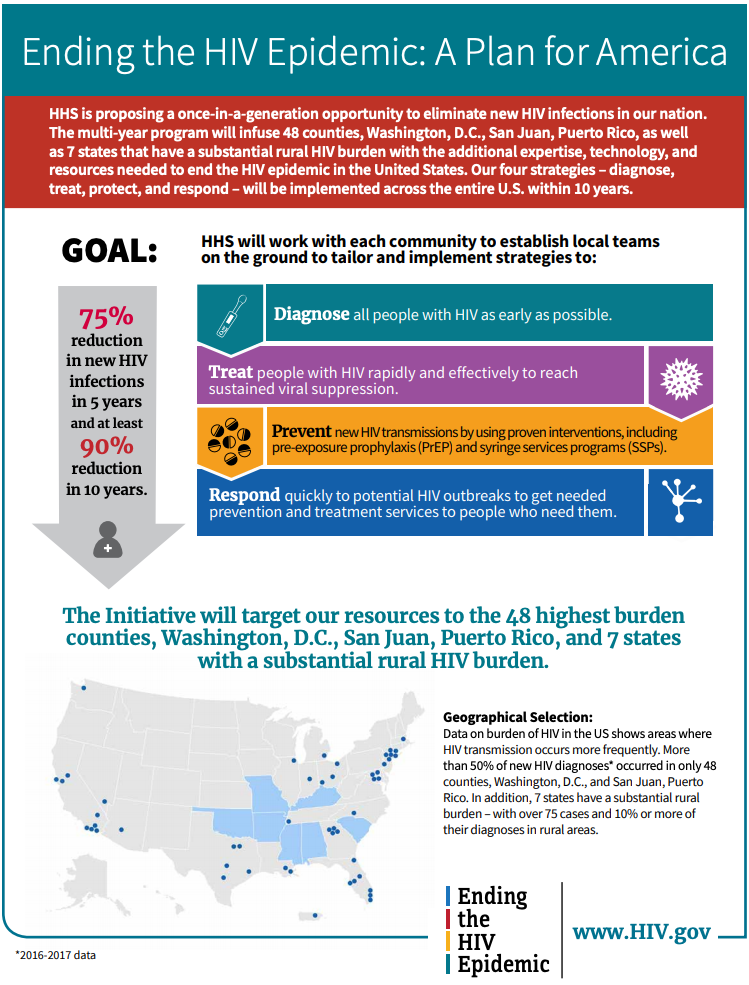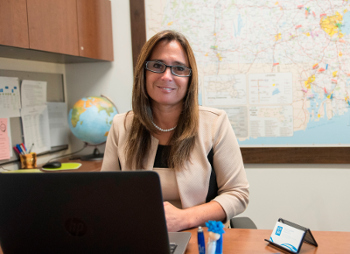Do you have a question about JRI services?
Click here to read the statewide integrated prevention and care plan, 2022-2026
**Click here to read the EHE Plan for Suffolk County, Massachusetts**

Ending the HIV Epidemic (EHE) in Massachusetts
EHE efforts in Massachusetts aim to improve the health and well-being of all persons living with HIV in Suffolk County and the Commonwealth, and with equal conviction to advance evidence-based behavioral and biomedical prevention interventions to protect our most vulnerable residents, reduce new HIV infections, and end the HIV epidemic. The Massachusetts Department of Health, EHE Steering Committee, and JRI's EHE Team, along with numerous advisory groups and community partners, are guiding this process through the end of 2020, when it will culminate in the final EHE plan.
HIV in Massachusetts
As of December 31, 2017, a cumulative total of 42,565 individuals were ever diagnosed with HIV infection and reported in Massachusetts, with or without an AIDS diagnosis, of which 38% (N=16,010) have died and 60% (N=26,555) were living with HIV/AIDS. Of the 26,555 individuals currently living with HIV/AIDS who have ever been diagnosed and reported in Massachusetts, 22,634 currently reside in the Commonwealth. Adjusting for residents infected with HIV who do not yet know their status, or have not been reported, MDPH estimates that the total number of residents living with HIV/AIDS in Massachusetts is 24,000.
Suffolk County is home to 27% of Massachusetts residents living with HIV. Suffolk County had the highest average rate of HIV infection diagnosis during 2015 to 2017 among all Massachusetts counties at 18.7 per 100,000 as well as the highest prevalence rate of individuals living with HIV infection in 2017 at 783.1 per 100,000. The EHE Plan focuses on Suffolk County.
Over the past 20 years, Massachusetts and Suffolk County have seen declines in the overall number of new HIV infections, and HIV+ state residents are living longer and healthier lives. Massachusetts has made strides over the decades to improve HIV prevention and care services. However, Suffolk County and state-level data reveal major gaps in health outcomes by race, ethnicity, gender identity, sexual orientation, and other factors. To begin to address some of these gaps, the state has prioritized several priority populations that are disparately impacted by HIV, such as men who have sex with men (MSM), Black and Latinx individuals, non-US born immigrants and refugees, persons who inject drugs (PWID), and transgender individuals. The EHE plan aims to improve the health of all Massachusetts residents living with and at risk for HIV, but this goal is not possible without first addressing the needs of these historically marginalized groups.
Steering Committee
The EHE Process in Massachusetts is guided by a Steering Committee comprising representatives from the Boston Public Health Commission, Getting to Zero Coalition, Massachusetts Department of Public Health, local public health departments in Suffolk County, consumers, correctional health, and prevention and care providers.
List of Steering Committee Members
Documents of Interest
Feedback Form
Provide comments or recommendations for the EHE process or any associated documents.
JRI's Ending the HIV Epidemic Team
John Gatto, jgatto@jri.org
Rachel Weidenfeld, rweidenfeld@jri.org
Dean Walsh, dwalsh@jri.org
Career Opportunities
Outreach Medical Case Manager - New Diagnosis Linkage Specialist, Boston Health Care for the Homeless Program
Team Coordinator- Emergency Department Based Prevention, Boston Medical Center
Senior Program Manager, EHE Initiative, Boston Public Health Commission
Primary Care/HIV Physician, Codman Health Center
HIV Medical Case Manager, Codman Health Center
X Clinic Supervisor, Codman Health Center
HIV RN Case Manager, Codman Square Health Center
Peer Leader, Codman Square Health Center
PrEP Navigator, East Boston Neighborhood Health Center
Outreach HIV Nurse Case Manager, BHCHP
EHE Peer Navigator (Testing), Mass General Hospital
Haitian-Creole Medical Case Manager - Codman Square Health Center
Newly Funded Organizations
| Organization Name | Link |
| Boston Medical Center | https://www.bmc.org/programs/faster-paths-to-treatment |
| Fenway Health | https://aac.org/about-us/housing/ |
| Mass General Hospital | https://www.massgeneral.org/emergency-medicine |
| Codman Square Health Center | https://www.codman.org/medical-service/hiv-hep-c-std/ |
| Commonwealth Land Trust | https://commonwealthlandtrust.org/values-and-impact/hiv-aids-and-homelessness/ |
| Victory Programs | https://www.vpi.org/mpt-drop-in/ |
| Health Innovations | http://healthinnovationsinc.com/services/ |
| Suffolk County Sheriff's Dept. | http://www.scsdma.org/divisions/medical/ |
| JRI Health Law Institute | https://jri.org/services/health-and-housing/health/health-law-institute |
| Mass. Alliance of Portuguese Speakers | https://maps-inc.org/cause/hiv-sti-prevention-and-screening/ |



